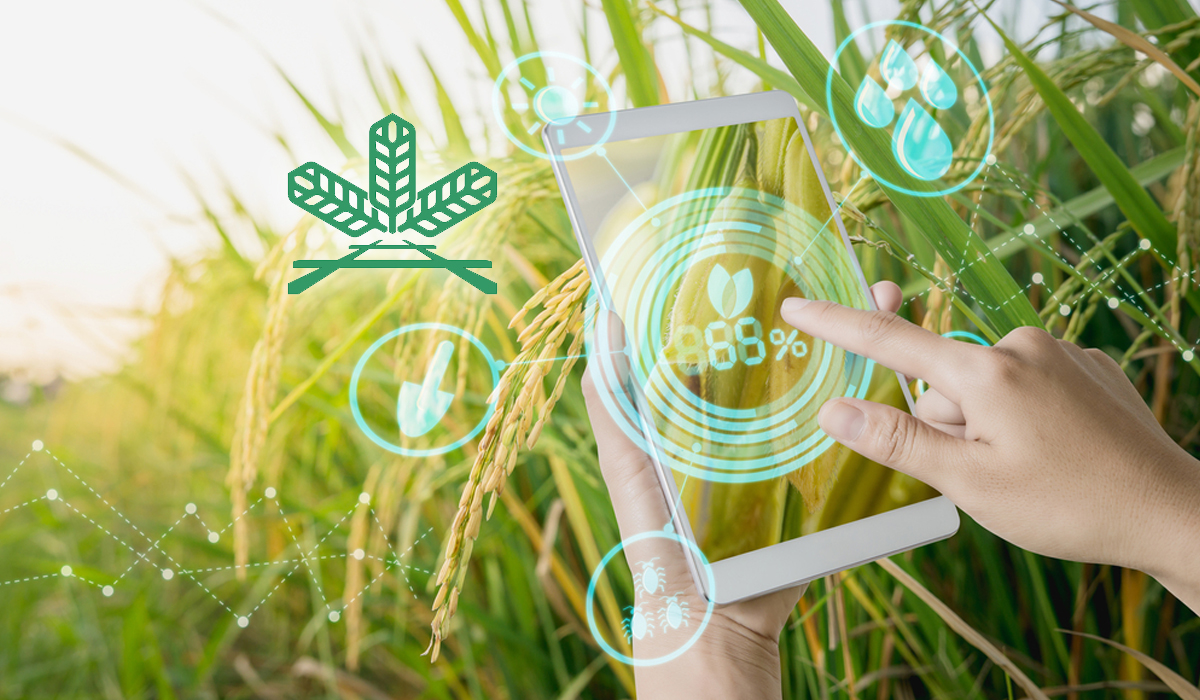
AI helps the world to cope with climate change. The assistant to Thai farmers helps specify the vulnerable areas, sending alarm of drought and flood, and enabling farmers to develop new crops that tolerate the drought.
According to Listen Field Co., Ltd. Co-founder and CEO Russarin Chinchottheeranun, Artificial Intelligence (AI) is a tool that can have an impact in the fight to lessen the effect of climate change and it is a new assistant helping Thai farmers competitive in sustainable agriculture.
Speaking at “Feed the World” which is one of the six themes of Startup Thailand x Innovation Thailand Expo 2020 to be held during September 1-4, she said AI can monitor crop moisture, soil composition, water, crops, and temperature in growing areas, through a use of satellite imagery forecasting data online application platform, enabling farmers to increase their yields. Japan is at the forefront with advanced agriculture using AI for farming management.
AI helps farmers optimize planning to generate more yields by determining crop choices. However, global warming has threatened agriculture, and Thailand needs to adjust to deal with the impact. Based on the country’s water management structure, only 30% is the irrigation system, while the remaining 70% relies on the rain, but global warming has caused a longer period of drought season. The global warming caused a loss of 15 billion baht to the economy of Thailand last year, AI technology therefore could help farmers monitor what they are growing and increase the yields.
Consumers are more concerned on the food safety, organic farming therefore is a way for sustainable agriculture, AI helps yield healthier crops, analyze weather conditions for short and long terms forecast by deep learning sensors and data technology.
Meanwhile, AI enables farmers to understand the crops structure and growth development. It balances the crops growing and changing seasons caused by global warming.
AI helps yield healthier crops, control pests, monitor soil and growing conditions. The technology also helps to improve harvest quality and accuracy. AI, with satellite imaging and drone technology, sends an alarm to farmers in advance about the pests, diseases or pandemic.
In addition, AI helps analyze new crops that tolerate global warming, serving as a developer of new crops through DNA and genome analysis. In the future of agriculture, AI will take a very crucial role reducing production cost and has the potential to spur more efficient methods of farming to combat global warming.

